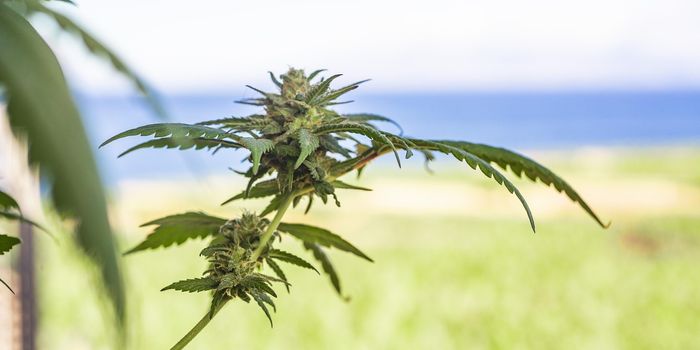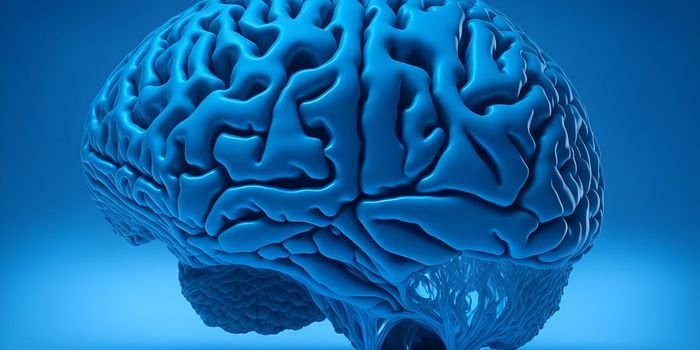Marijuana Helps Opioid Addicts Stay in Treatment
Opioid addiction is an epidemic raging through the country which is causing devastating effects. A reported 52,000 deaths had been attributed in the US during the year 2015 alone. It has become a burden on society with many addicts starting on painkillers and moving to heroin when their prescription runs out. Despite these dismal facts, it has come into light that there may be a way out of this crisis: medical marijuana. According to a new study published in the journal Addiction daily marijuana use appears to help opioid addicts kick the habit. Canadian scientists followed opioid addicts from 1996 to 2016 to determine what factors kept them in addiction treatment (e.g. methadone or buprenorphine/naloxone). One of the main factors that contributed to anti-opioid treatment? Daily marijuana use.
Photo credit: Pixabay.com
Canadian scientists MJ Milloy and colleagues from the British Columbia Center on Substance Use found that individuals starting anti-opioid therapy were 21% more likely to remain in treatment longer if they used marijuana on a daily basis. This remained the case after the authors took into account socioeconomic factors (e.g. homelessness) and other drug use. This was the first study to report a positive correlation between chronic marijuana use and retention in opioid treatment facilities.
Previous work had found either no correlation or even a negative effect of marijuana on treatment retention. For example, in another study conducted by a separate group, marijuana use was not associated with long-term retention. However, an interesting observation by this second group was that opioid users who smoked marijuana reported spending less time buying opioids.
The finding in the current study, that is, an increase in retention in opioid-addiction treatment among individuals who concurrently smoked marijuana on a daily basis, may be caused by the pharmacological effects of tetrahydrocannabinol (THC), the main psychoactive substance in marijuana. Studies on mice and in humans have shown that THC may decrease opioid withdrawal symptoms. Opioid withdrawal includes flu-like symptoms that are very hard on opioid addicts and are thus a contributing cause of relapse. Nevertheless, potential psychoactive side effects of THC have caused some concern about its use medicinally. And the controversy surrounding the plant means that not everyone in the US can legally use medicinal marijuana for any medical condition, let alone chronic pain.

Photo credit: Pixabay.com
Another chemical from marijuana, cannabinol (CBD), may be a better option since it has very few to no psychoactive side effects. It is also thought to be useful in treating opioid addiction. It is much more easily tolerated than THC and its anxiolytic effects may help opioid users get through withdrawal. Even after withdrawal, preclinical studies show that CBD may help prevent relapse due to drug craving.
The authors suggest that CBD or a combination of CBD/THC treatment could be valuable in fighting this opioid-abuse epidemic. With many states in the US legalizing medical marijuana and whole countries, like Canada, legalizing recreational marijuana, there could soon be an effective therapy to treat addiction to painkillers and heroin. Furthermore, it could also be a suitable treatment for chronic pain, which is what many of today's addicts sought treatment for in the first place.
The below video illustrates both the causes of this opioid-use epidemic and why medical marijuana may be a good replacement to not only treat opioid addiction but to replace opioid-based painkillers for treating chronic pain.
Video credit: Youtube.com
Sources: Addiction, The American Journal on Addictions, The Journal of Pharmacology and Experimental Therapeutics, Neuroscience, Neurotherapeutics, Vox.com,









